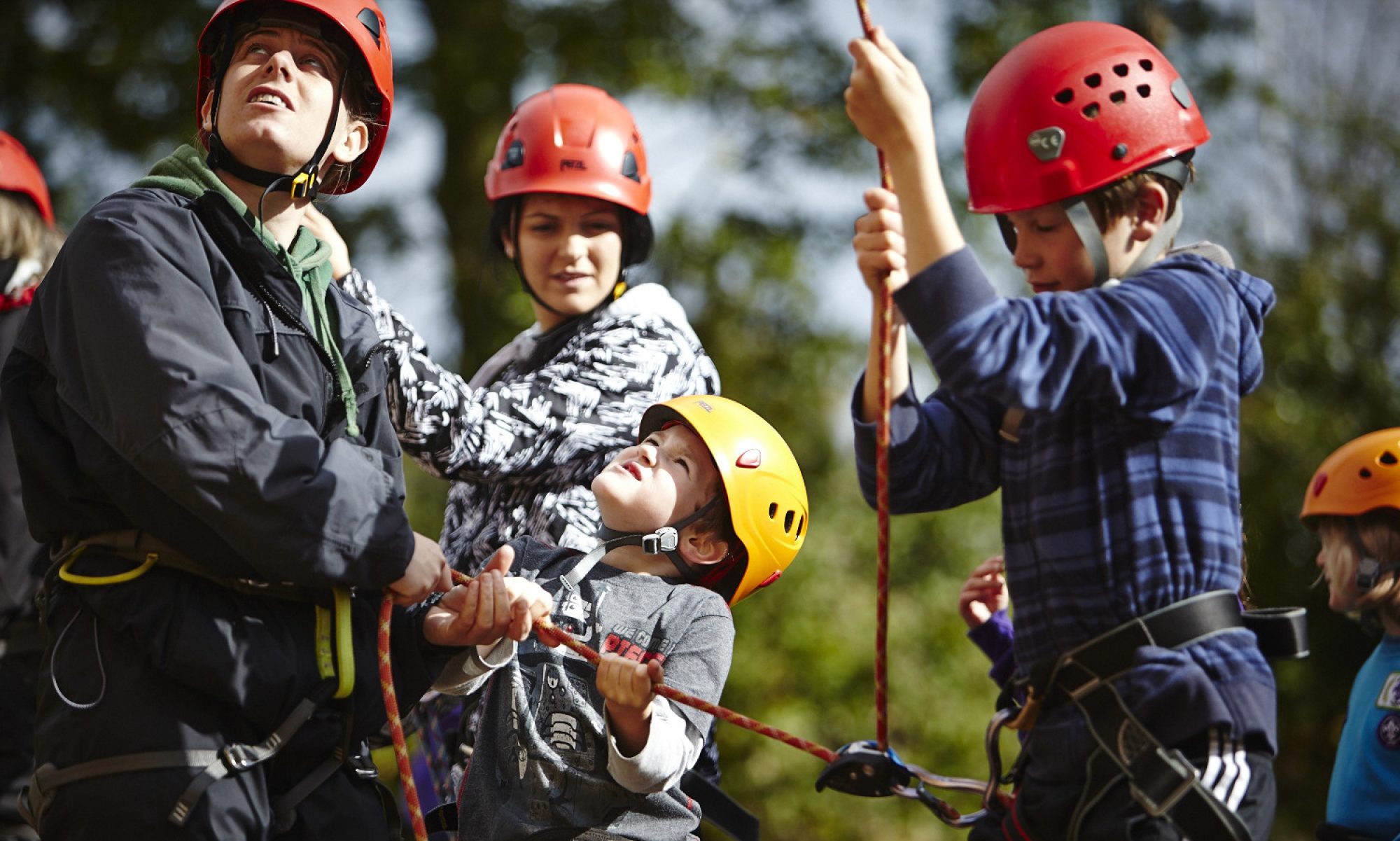 If your child is interested in joining Scouting, or you’re keen for them to become involved, take a look at some of the questions we’re most frequently asked by parents and carers.
If your child is interested in joining Scouting, or you’re keen for them to become involved, take a look at some of the questions we’re most frequently asked by parents and carers.
How can my child benefit from joining Scouts?
In an independent survey of over 2,000 parents of Scouts, nine out of ten parents said Scouting is worthwhile, and nine in ten said their children find Scouting enjoyable.
As your child progresses through Scouts you should be able to see signs of the impact their Scouting adventure has on them.
Parents tell us Scouting gives their children more confidence, responsibility and a broader set of friends. Scouting can help develop your child’s social skills and encourage self-sufficiency, and gives them access to activities and opportunities that may have been otherwise unavailable to them. A huge number of parents agreed that since their child joined Scouting, family life was easier and they were ‘nicer children to live with’.
3rd Peel Membership Form
I don’t feel I have any suitable skills; how can I get involved?
Parents can volunteer and help in many ways; you don’t have to be a regular Bear Grylls. You might have first aid knowledge that you could teach the group, or you might be able to teach our Scouts a thing or two about DIY.
If you’re good with accounts you could be Group treasurer, or if you’re a culinary whizz you could run cooking sessions with the young people. Everyone has a skill (whether you know it or not) and we can make use of it.
There’s no pressure to continue as a helper or leader afterwards, but hopefully we’ll be able to inspire you by showing how easy and rewarding it can be to volunteer with Scouts.
We’re moving to a new area, can I transfer my child to a new Scout Group?
If you’re moving to a new area, transferring to a new Scout Group can be great way of helping your child settle in and make friends. You should let your child’s current leader know as soon as you can that you’re planning to move.
When you know where you’re moving to, you can contact the local Group directly.
You can also call the Scout Information Centre on 0845 300 1818. They will be able to put you in touch with a Group in your new area.
If you’re moving abroad, the Information Centre will be able to give you the details of the Scout organisation in that country.
My child is moving up a section; what do I need to do to help them prepare?
When the time comes to move up to the next age range, a young person can have mixed feelings: excitement at moving on, sadness at leaving friends behind. Making the transition as smooth as possible goes a long way to helping your child settle into their new section.
First of all you need to check what the process involves with your child’s current Section Leader as it can vary locally. You might need to put your child on a waiting list for the next section or, in some cases, it may happen automatically.
You should also ask whether the new Section Leader will be in touch or if you have to contact them first. Also be aware that meeting times and places may be different in the next section.
If your child has friends in their section that they want to move up with, make sure that the section leader knows about this so that they can help if possible. This could also be a good opportunity to arrange sharing transport to and from meetings.3rd Peel FAQ
How much does it cost to send my child to Scouts?
This will vary depending on your Group but it is likely to be between £120 and £200 per year, which is collected weekly, monthly, every term or annually, depending on local arrangements. This fee usually covers the cost of the hire or upkeep of the meeting place. Trips, camps and activities are usually charged separately.
Cost should not be a barrier to anyone taking part in Scouting and if this is an issue, you can speak to the local Section Leader in confidence.
Is there a planned programme of activities for Scouts?
Yes. Behind the fun of Scouting, there is an educational programme that was completely redesigned in 2001 following years of work with educationalists and youth workers. While each Group will undertake different activities, the main programme areas are: outdoor and adventure; global; community; fit for life; creative; and beliefs and attitudes. Group Leaders are trained to deliver this programme.
What do Scouts wear and where can I buy it?
Scouts wear a uniform depending on the age range. All Scouts (adults and young people) wear a coloured scarf or necker, the colour of which varies depending on the Group. Uniform can be bought online from Scout Shops. More info here
How should badges be placed on the Scout uniform?
The placement of badges on uniform varies between sections. The PDF diagrams below should help:
Beavers
Badge placement diagram for Beavers
Cubs
Badge placement diagram for Cub Scouts
Scouts
Badge placement diagram for Scouts
Explorers
Badge placement diagram for Explorer Scouts

